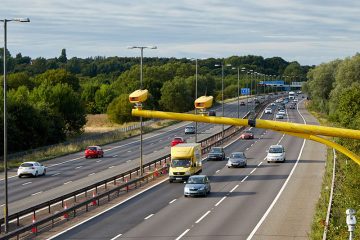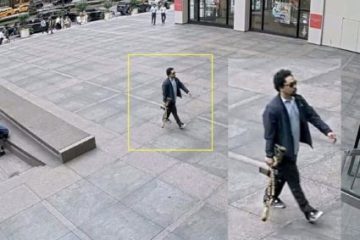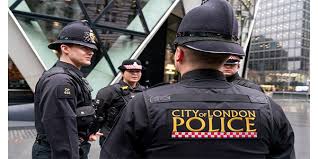The Role and Importance of SWAT Teams in the UK

Introduction
SWAT, which stands for Special Weapons and Tactics, represents a vital component of law enforcement agencies worldwide, including the UK. These elite teams are specially trained to handle high-stakes situations like armed standoffs, hostage rescues, and counter-terrorism operations. The increasing complexity of crime and the evolving threat landscape have made the role of SWAT teams more significant than ever.
The Evolution of SWAT Teams
The concept of specialized tactical police units began to gain traction in the UK during the late 20th century. The first official SWAT-style unit, the Specialist Firearms Command (SCO19), was established by the Metropolitan Police in 1971. Since then, various police forces across the UK have developed their own tactical units, with training and resources customised to meet local needs and threats.
Recent Operations and Developments
In recent years, SWAT teams in the UK have faced multiple high-profile incidents that have tested their operational capabilities. Notable examples include the handling of terrorist attacks, notably those wielding knives and firearms. After the tragic events of the London Bridge attack in 2019, there has been a clear push for enhanced collaboration between intelligence services and tactical units, ensuring that resources and information flow seamlessly during crisis situations.
Moreover, advancements in technology have allowed SWAT teams to improve their ability to engage effectively with potential threats. The integration of drones for surveillance during operations, and advanced mapping software for tactical planning, exemplifies modern practices that are being applied to these high-risk scenarios.
The Challenges Faced by SWAT Teams
Despite the critical role SWAT teams play, they face considerable challenges. Public perception of armed response units can be mixed, driven by concerns over police militarisation and civil liberties. Moreover, the training and resources required to maintain these elite squads are significant, leading to budgetary constraints in some local police forces.
Conclusion
As threats to public safety evolve, the necessity for well-trained and strategically deployed SWAT teams will continue to grow. The role of these specialised units will be crucial not only in managing high-risk situations but also in engaging with the community to build trust. For citizens, understanding the complexities and the significant responsibilities of SWAT teams helps foster a supportive environment for their continued development and operational readiness.








